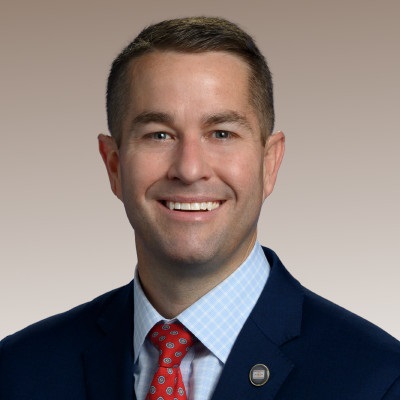Proposed law would allow hundreds of local utility boards to avoid meeting in person
A proposed change to the Open Meetings Act, scheduled to be heard this week in a House subcommittee, would allow hundreds of local utility boards that manage water, sewage, solid waste, natural gas and electric systems to avoid meeting in person in front of the public.
HB 509 allows the utility boards that otherwise are governed by the Open Meetings Act to allow any of their members to call into a meeting or participate by “other means of communication” if a quorum is present at the location of the meeting, creating a hybrid meeting of some board members there in person and some attending by phone or other means.
The bill also permits the entire board to meet electronically with no one at a physical location if the board determines “it is not practical within the period of time requiring action” to meet in person.
The utility boards would be viewed as complying with the Open Meetings Act as long as they provide a physical location for the public to attend and view or listen to the electronic proceedings, such as watching through a government computer or listening through a telephone at a government office. Some meetings could be held over an internet email forum.
These boards have broad authority in the law and affect some of the most basic public services in Tennessee’s towns and cities.
Many have the sole authority to set water and electric rates and handle issues such as water quality. Some have eminent domain authority. Some oversee garbage collection and make solid waste disposal decisions. The boards’ financial decisions, usually made in traditional meetings open to the public, often involve entering into and developing contracts with private entities.
In addition to allowing the boards to avoid meeting in public, the proposed law change would allow board members to receive the meeting per diems they would have traditionally received for physically attending a meeting. (In separate legislation already approved in the Senate, the cap on such meeting per diems will be increased for some water and wastewater board commissioners.)
Public would have less and lower quality meeting access than during the pandemic
Nothing in the proposed legislation makes provisions for the public to attend “electronically” even when the entire board is meeting electronically.
The legislation differs from the rules established for the pandemic by the governor who issued an executive order to allow electronic meetings so as to avoid gatherings in public spaces as a way to prevent the spread of COVID-19. The governor’s executive order, which is in effect through at least April, requires governing bodies to provide electronic access to the public, such as by livestreaming the meeting, and electronic participation by the public for public hearings or public comment periods. The governor’s electronic order also requires such meetings to be recorded and made available to the public afterward.
No such provisions for the public are required in the proposed law change, and the public would have less and lower quality access than during the pandemic.
Board members want more convenience
The proposed legislation is one of several introduced to loosen the rules around public meetings to make it more convenient for members of local governing bodies to meet without actually attending a physical meeting in front of the public.
HB 509, sponsored by state Rep. Clark Boyd, R-Lebanon, is scheduled to be heard by the House Public Service Subcommittee, which meets at 9 a.m. Wednesday in the Cordell Hull Building.
The legislation is being carried by state Sen. Jon Lundberg, R-Bristol, and is co-sponsored by state Sen. Art Swann, R-Maryville. SB 508 has been referred to the Senate State and Local Committee but has not yet been scheduled on its calendar.





